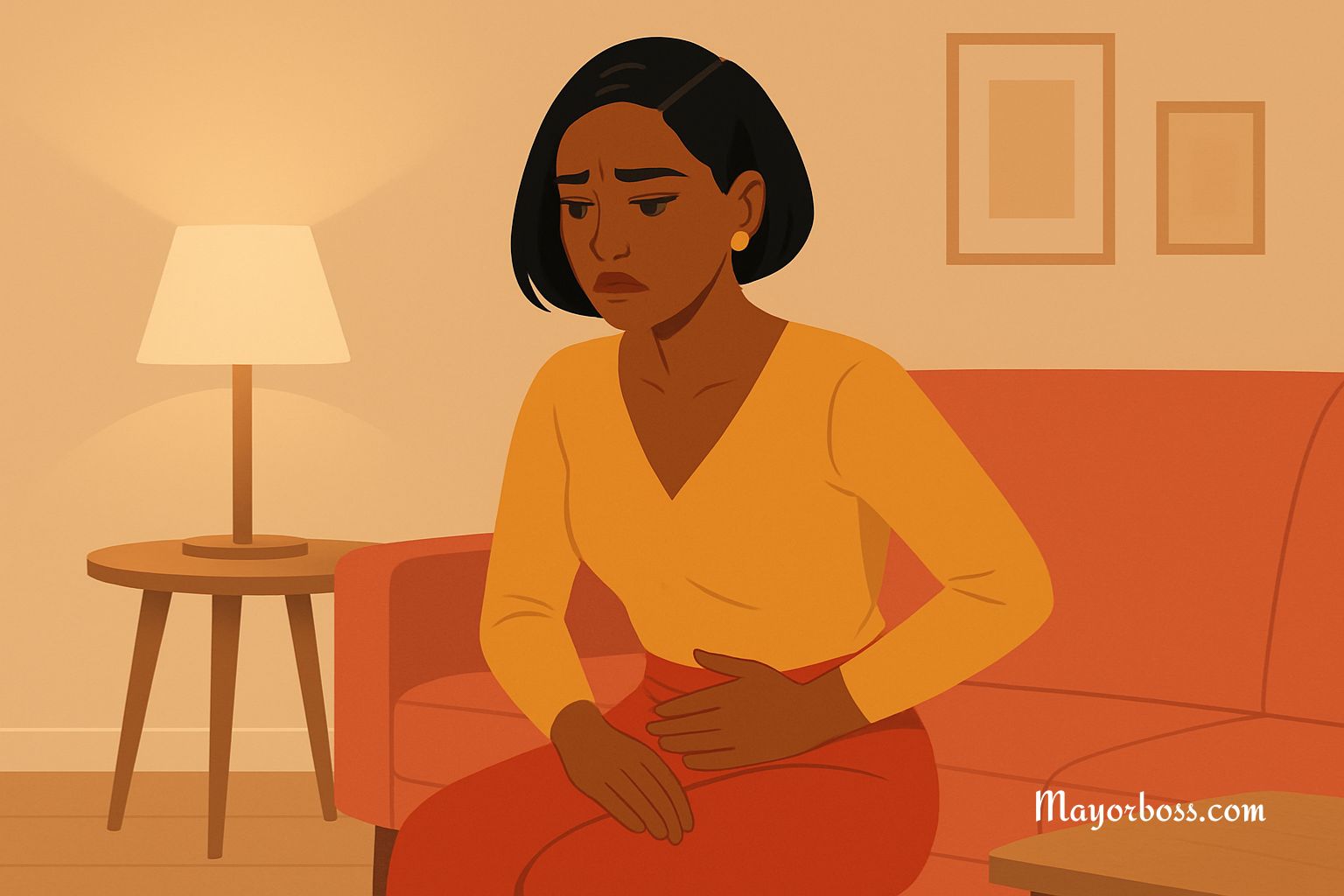How To Know When Your Body Is Ovulating
The human body is a fascinating system of complexities. As a woman, understanding the signs of ovulation can provide a wealth of knowledge about your reproductive health. But what exactly is ovulation, and how can you tell when it’s happening? I am here to help you uncover the secrets of your body’s ovulation cycle.
Ovulation is a critical part of the menstrual cycle, a phase where an egg is released from one of the ovaries. It typically happens in the middle of your cycle, though the exact timing can vary. As family doctor Natalia Hapych explains, “Knowing your ovulation signs can give you a heads up on your most fertile days.
Things You Should Know About Ovulation
Before you start tracking ovulation, it’s important to understand how it fits into your menstrual cycle. Typically, a menstrual cycle lasts between 28-35 days, with ovulation usually occurring around the 14th day. However, every woman’s cycle is different, and ovulation might not follow this exact pattern.
“Ovulation is a natural biological process. It can sometimes be irregular, especially in stressful situations or with significant lifestyle changes,” advises Dr. Hapych.
Signs of Ovulation
Your body gives you several hints when you’re ovulating. Here are five signs you can watch for:
- Change in Cervical Mucus: During ovulation, your cervical mucus may become clear and stretchy, similar to egg whites. This change is due to the increase in estrogen levels in your body.
- Mild Pelvic Pain: Some women experience a dull ache or sharp pain in their lower abdomen, often on one side. This is known as mittelschmerz, German for “middle pain.”
- Increased Libido: You might notice an increase in your sexual desire during ovulation due to hormone changes.
- Breast Tenderness: Sore or tender breasts can be another sign of ovulation. This sensitivity is also caused by hormonal changes.
- Light Spotting or Discharge: A small amount of spotting or increased discharge is not uncommon during ovulation.
Tracking Your Menstrual Cycle
If you’re planning for pregnancy or monitoring your reproductive health, you might want to track your menstrual cycle. “By doing this, you can predict when you’re likely to ovulate and thus understand the best times for conception,” recommends Dr. Hapych.
Here are some tips on how to do this:
- Mark Your Calendar: Start by marking the first day of your period on a calendar or in an app. Do this for a few months to get a sense of your cycle’s length.
- Monitor Your Basal Body Temperature: Your basal body temperature (BBT) rises slightly after ovulation. By taking your temperature every morning before getting out of bed, you can notice this subtle change.
- Check Your Cervical Mucus: As mentioned above, changes in cervical mucus can indicate ovulation. By checking it daily, you can identify this change.
The Role of Ovulation Tests
Ovulation tests, also known as ovulation predictor kits, measure the level of luteinizing hormone (LH) in your urine. LH surges 24-48 hours before ovulation, making these tests a helpful tool in pinpointing ovulation.
Dr. Hapych suggests, “While these tests can be useful, remember that they are only one piece of the puzzle. Combine them with other methods like tracking your menstrual cycle and observing physical symptoms for more accuracy.”
Ovulation and Contraception
If you’re not ready for pregnancy, understanding your ovulation cycle can help with contraception. “While the rhythm method, which relies on avoiding intercourse during fertile days, can be effective, it’s not foolproof. Always consult with your gynecologist to explore all contraceptive options,” advises Dr. Hapych.
When to See a Doctor
While understanding your ovulation signs can be empowering, it’s important to seek medical advice if you notice any abnormalities. Dr. Hapych explains, “Regular painful ovulation, inability to conceive after a year of trying, or significant changes in your cycle should warrant a visit to your gynecologist.”
So there you have it. Understanding your body’s ovulation signs can provide you with invaluable insight into your reproductive health. Whether you’re planning for a family or simply taking control of your health, knowing when you’re ovulating can be a game-changer. Remember, every woman’s body is unique, so it’s always best to consult with a healthcare professional like a gynecologist for personalized advice. Happy tracking!






